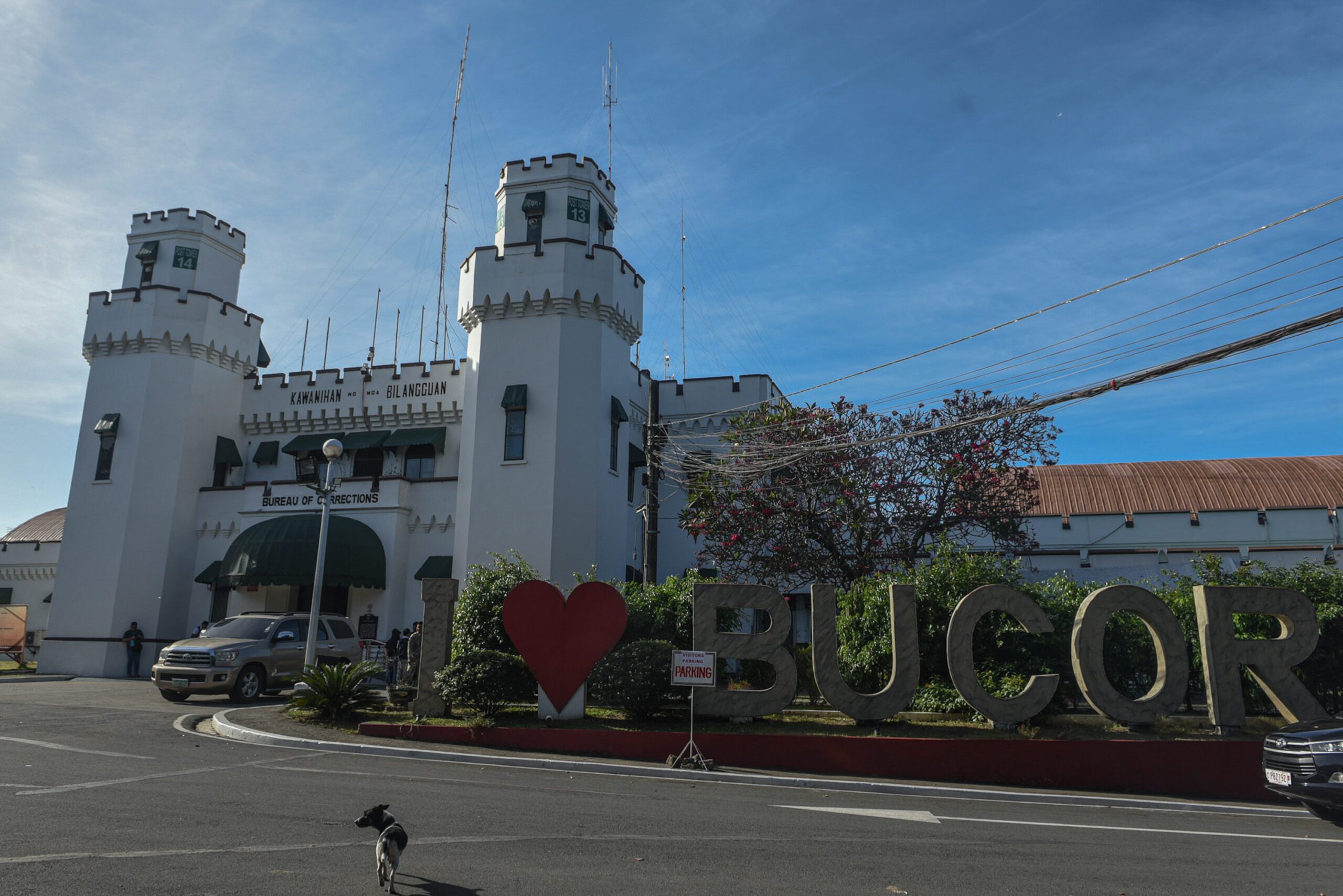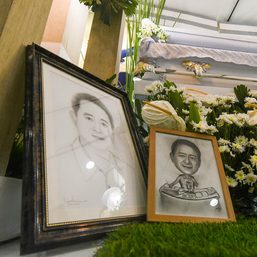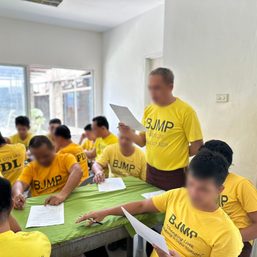SUMMARY
This is AI generated summarization, which may have errors. For context, always refer to the full article.

The Supreme Court (SC) overturned another Duterte-time policy, and ruled that persons convicted of heinous crimes are still entitled to the Good Conduct Time Allowance (GCTA)
During its session in Baguio City on Wednesday, April 3, the SC en banc ruled that the Department of Justice (DOJ) exceeded its power of subordinate legislation when it excluded persons convicted of heinous crimes from benefiting from Republic Act No. 10592 or the GCTA law. The law allows persons deprived of liberty (PDLs) or convicted persons to have their sentences reduced on the basis of good conduct, resulting in their early release.
“In finding the assailed provisions of the 2019 IRR (Implementing Rules and Regulations) invalid, the En Banc held that when RA No. 10592 amended Article 97 of the Revised Penal Code (RPC), it used the connecting conjunction “or” to express that (1) “any offender qualified for credit imprisonment pursuant to Article 29 of the RPC,” and in the alternative (2) “any convicted prisoner in any penal institution, rehabilitation, or detention center in any other local jail” may avail of the benefits granted by RA No. 10592,” SC said, quoting the decision penned by Associate Justice Maria Filomena Singh.
The GCTA law was quietly made retroactive by the Supreme Court in June 2019, which was why thousands of longtime convicts serving their sentences were lined up to be released early. For those convicted in the 90s, the GCTA law could slash as much as 19 years from their sentence.
One of the beneficiaries set to be released that year was the late convicted murderer and rapist Antonio Sanchez, sparking a public outrage that the populist former president Rodrigo Duterte appeased by calling on all GCTA-released heinous crime convicts to return to prison.
To have legal backing of that pronouncement, a habit of Duterte during that time, the Department of Justice under then justice secretary and now solicitor general Menardo Guevarra amended the law’s IRR to exclude persons convicted of heinous crimes from the benefits.
In further explaining the en banc’s decision, the SC said that article 97 of the RPC, as amended by RA No. 10592, is clear that all convicted prisoners are entitled to GCTA, “as long as the prisoner is in any penal institution, rehabilitation or detention center, or any other local jail.”
The case of rape-slay convict Sanchez highlighted how GCTA’s implementation was subject to either corruption (the “GCTA for sale” allegation), or just poor governance like errors in record-keeping, or non-diligence because Sanchez scored GCTA points even though he had committed infractions inside Bilibid.
The Supreme Court has not released yet a full copy of the decision.
It is unclear at this point how the convicts who were adversely affected by the DOJ’s policy at that time, will be affected by the SC ruling.
Called “returnees” by the Duterte government, the convicts were hunted TokHang style, while some returned to jail out of fear. Rappler’s investigation in 2019 found that at least 4 returnees died inside Bilibid when they returned.
In one session, the High Court invalidated two of Guevarra’s acts that were meant to implement Duterte’s whims. On Wednesday, the SC also ruled to uphold former senator Antonio Trillanes IV’s amnesty, which was revoked by the former president on the principle of “void ab initio” or void from the start because they said they could not find Trillanes’ amnesty application form. It was the DOJ that moved the courts to try and rearrest Trillanes.
– Rappler.com
Add a comment
How does this make you feel?




![[Rappler Investigates] The guns of Apollo Quiboloy](https://www.rappler.com/tachyon/2024/04/quibs-guns-carousel.jpg?resize=257%2C257&crop=412px%2C0px%2C1280px%2C1280px)







There are no comments yet. Add your comment to start the conversation.